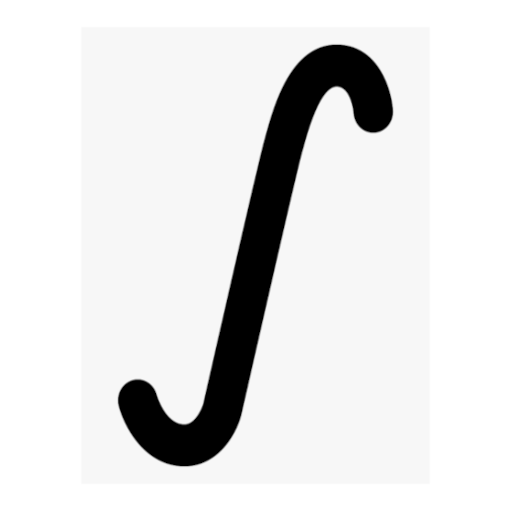solution
x^(x*x^x) = 2
(x^x)^(x^x) = 2
k = x^x
k^k = 2
k*ln(k) = ln(2) → Log of both sides
ln(k) * e^ln(k) = ln(2) → k = e^ln(k)
f(ln(k)) = ln(2)
ln(k) = W(ln(2))
ln(x^x) = W(ln(2))
ln(x)*e^ln(x) = W(ln(2)) → Same step as noted earlier
f(ln(x)) = W(ln(2))
ln(x) = W(W(ln(2))
x = e^W(W(ln(2)))
x ≈ 1.3799703966 (via Wolfram|Alpha, seems to be the correct value)
ggs
This is a genuinely fun one
hint 1 (don’t peek unless you really need it)
spoiler
try solving a simpler version of the problem
hint 2 (supplementary to hint 1)
spoiler
the simpler version is xx=2
hint 3 (unrelated to 1 and 2)
spoiler
xx*x^x=(xx)^(xx)
hint 4 (its basically the answer)
spoiler
xx=e^(ln x)(e^(ln x))
Solution: https://gmtex.siri.sh/fs/1/School/Extra/Maths/Qotd solutions/2024-05-05_fake-power-tower.html
spoiler

deleted by creator
The text of this post appears wrong on old.lemmy.world. It says “
Solve x for x^x*x^x^ = 2” with no superscripts. It appears correctly on lemmy.world.I assume we’re meant to find an expression of W() and square roots and stuff, which expresses an exact answer. Since finding a decimal approximation somewhere between 1 and 2 using a binary search would be too easy.
I believe it is:
spoiler
e^W(W(ln(2))spoiler
x=W(x)*e^(W(x)) x^(x*x^x)=2 x*x^x*ln(x)=ln(2) x*e^(ln(x)*x)*ln(x)=ln(2) u=x*ln(x) u*e^u=ln(2) u=W(ln(2)) x*ln(x)=W(ln(2)) e^(ln(x)*x)=e^W(ln(2)) x^x=e^W(ln(2)) x = square-super-root(e^W(ln(2))) wikipedia says this is equivalent to: x=e^W(ln(e^W(ln(2)))) but I don't know how they arrive at that. x=e^W(W(ln(2)) working backwards to verify: x=e^W(W(ln(2)) ln(x)=W(W(ln(2)) ln(x)*x=W(ln(2)) ln(x)*x*e^(ln(x)*x)=ln(2) ln(x)*x*x^x=ln(2) e^(ln(x)*x*x^x)=2 x^(x*x^x)=2x^x=e^W(ln(2))isn’t wrong, but it’s in a form that’s inconvenient to say the least.Picking up from
x*ln(x)=W(ln(2))spoiler

spoiler
x^xis a far superior substitution, but it takes a bit to notice it


